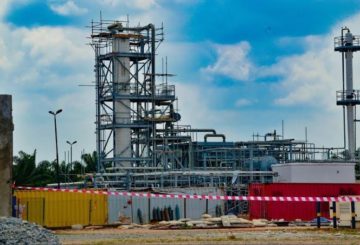In a devastating turn of events, the idyllic shores of Pemba Island, nestled within the archipelago of Zanzibar, have been marred by a tragic incident. Nine individuals have lost their lives, and a staggering 78 others have been hospitalized after consuming sea turtle meat, a delicacy with a dark consequence.

The incident, which sent shockwaves through the local community and beyond, unfolded as residents and visitors alike partook in a traditional meal featuring sea turtle meat, believed to possess medicinal and aphrodisiac qualities in local folklore. However, what began as a customary feast quickly escalated into a public health crisis, leaving families grieving and a community reeling in disbelief.
Authorities swiftly launched an investigation into the source of the contaminated meat, tracing it back to an illegal trade network operating within the region. Sea turtles, protected under international law and considered endangered species, are subject to strict regulations aimed at their preservation. However, the allure of profit often overrides conservation efforts, leading to illicit practices that endanger both marine life and human health.
The repercussions of this tragedy extend far beyond the immediate loss of life and the individuals currently battling for survival in hospital wards. Pemba Island, renowned for its pristine beaches and vibrant marine ecosystems, now grapples with the tarnished reputation and lingering fear surrounding its once-celebrated culinary tradition.
As the authorities work tirelessly to contain the fallout and hold those responsible to account, the incident serves as a poignant reminder of the delicate balance between tradition, conservation, and public health. It underscores the urgent need for robust enforcement of wildlife protection laws, coupled with community education initiatives to foster sustainable practices and safeguard both human and environmental well-being.
In the wake of this heartbreaking event, solidarity and support pour in from across the globe, offering solace to the affected families and reaffirming the collective commitment to protecting our natural heritage. As the healing process begins, Pemba Island stands resilient, drawing strength from its rich cultural tapestry and unwavering determination to emerge stronger from adversity.





